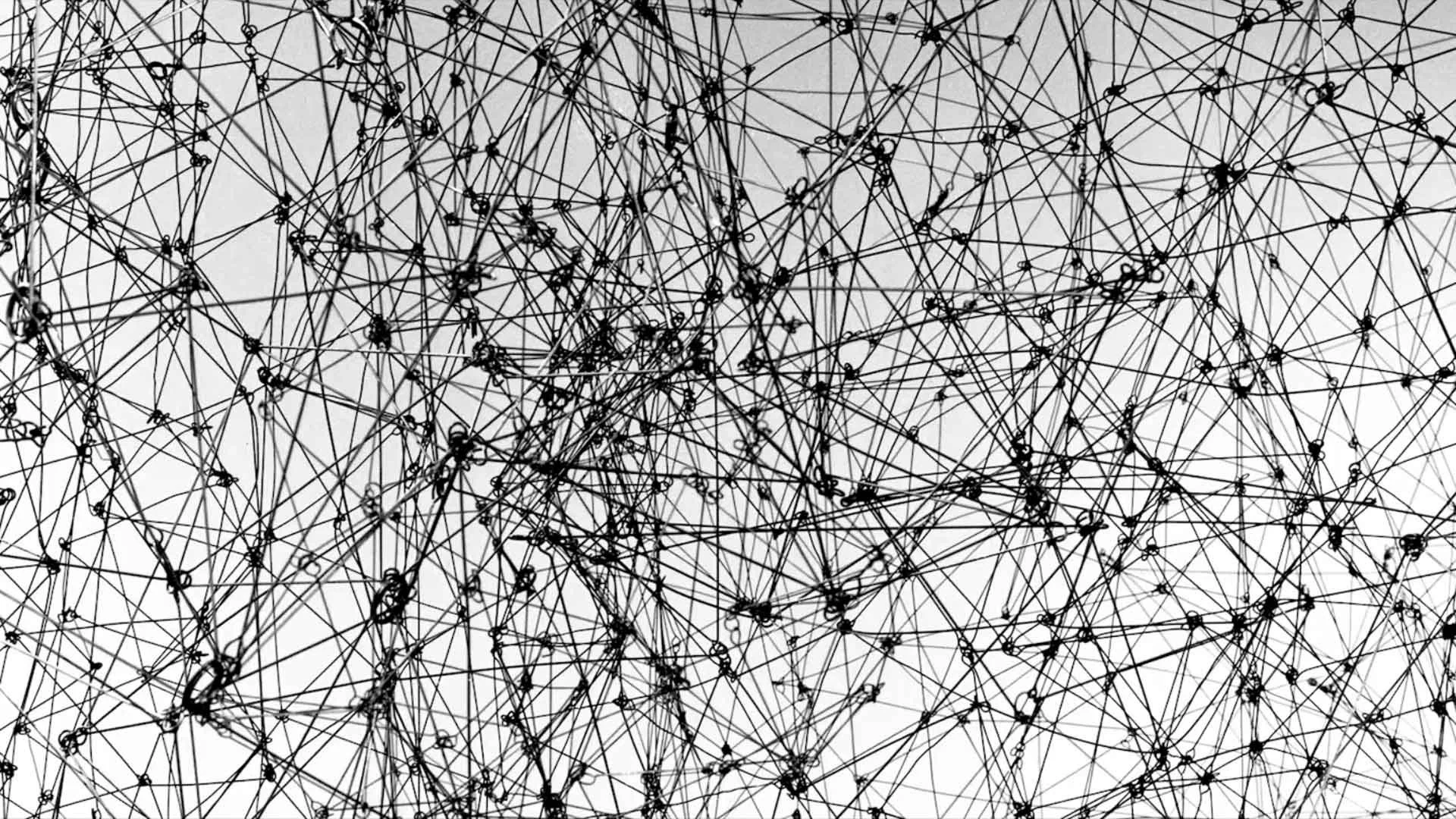Workshops/Talks
“Attentiveness is the difficult task of waiting, not for the world to take note of us, but for us to take note of the world.”
-Simone Weil
Venezuela 2026:
¿el porvenir de una (des)ilusión?
En esta conversación reflexionaremos sobre el momento urgente y crítico que atraviesa Venezuela desde una perspectiva psicoanalítica, atendiendo al impacto de la realidad histórica, sociopolítica y económica en el imaginario colectivo. Pensaremos el cruce entre ilusión, desilusión e incertidumbre en un contexto de fuerzas que generan turbulencia y desorganización en la vida psíquica individual y social. Asimismo, abordaremos la importancia de sostener espacios comunes para elaborar lo vivido colectivamente e imaginar un nuevo horizonte democrático basado en la responsabilidad de unos sobre los otros y el bien común.
Participantes:
Manuel Llorens/Psicólogo clínico comunitario
Adrián Liberman/Psicoanalista
Carlos Padrón/Psicoanalista
Lugar:
Instagram Live @ccca_community
Día:
Sábado 17 de enero
Hora:
9am: Eastern Time, EEUU
10am: Caracas, Venezuela
3pm: Barcelona, España
Language:
This talk will be in Spanish. For those who would like to see it in English, it will be recorded and shared here and on Instagram with English subtitles.
The Psychoanalytic Clinical Encounter, the Political, and the Production of Difference
Instructor: Carlos Padrón, MA, MPhil, LP
Wednesdays 4:00 pm to 5:30 pm EST * September 17th-December 3rd, 2025 (12 classes/90 minutes each) Via Zoom
Course Description: This course critically and clinically explores psychoanalysis through the lenses of race, class, gender, sexuality, migration, ‘madness’, and coloniality, among others. It foregrounds the ways in which power and difference shape both psychic life and the socio-political realm, emphasizing the complex interactions these forces have within the psychoanalytic encounter. Students will engage with foundational and contemporary texts to explore psychoanalysis as a praxis with political potentiality, particularly in working with those whom Fanon called the “wretched of the earth.” Topics include Blackness and racialization; internalized oppression; class relations, Capitalism, and clinical practice; colonial (object) relations; intersectionality in the psychoanalytic field; gender and sexual identities; institutional psychotherapy and the critique of ‘madness’, among others. Through interdisciplinary readings and psychoanalytic theory, the course seeks to reimagine the possibilities of psychoanalytic thinking and practice in a world marked by profound social/psychic disparities and violence.
For more, view the full syllabus: PDF
This elective course is offered to psychoanalytic candidates of the Blanton-Peale Psychoanalytic Institute, but is generously being opened to the general public.
Carlos Padrón has been hired to instruct this class; Blanton-Peale will accept payments and engage in administrative agreements.
Clinical Consultation Group: The World & The Psyche
Psychoanalytic Inquiry
Facilitated by:
Carlos Padrón, MA, MPhil
Licensed Psychoanalyst
Group description:
In becoming allied with the more scientific psychiatric establishment, classical psychoanalysis in the United States distanced itself from the problems of society, and, more specifically, from those of the poor and working class, many of whom were people of color. This detachment from the socio-political world was paralleled by the proverbial silent analyst, a supposed blank screen that reflects to the patient their interpsychic life, with no reference to society or culture...
For: practicing clinicians virtual Group: 5 years + experience
START DATE: Tuesday, October 15, 2024
Group size: limited to 8 members
Fee: $40 per session (limited sliding scale option)
Frequency: weekly
Open-ended/ requesting at least a 4-month commitment to begin
Location: Virtual
Tues/ 7 pm-8:30 pm (NYC time)
To apply: click here





